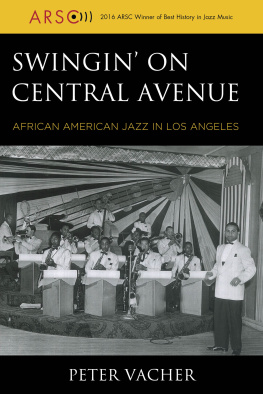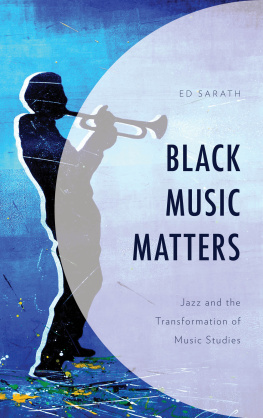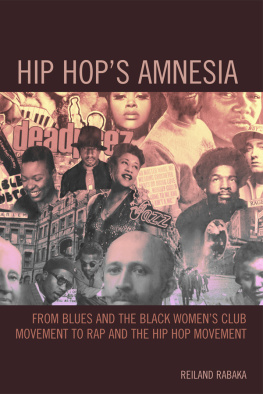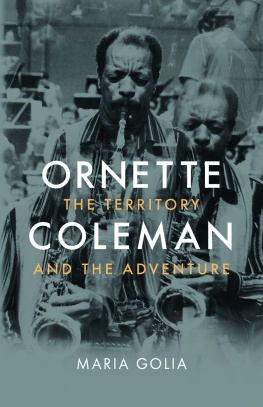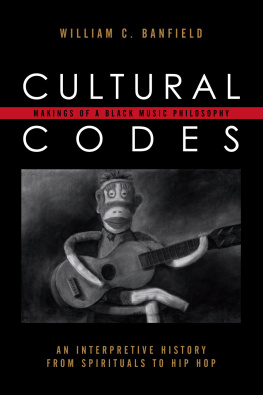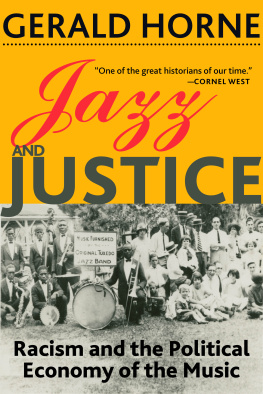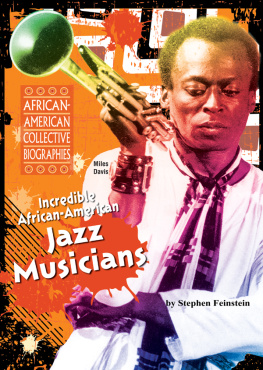AS SERIOUS AS YOUR LIFE
VAL WILMER is an internationally acclaimed journalist, author and black music historian who has been documenting African-American music since 1959. In that time, she has interviewed and photographed almost every significant figure in post-war jazz, blues and R&B, from Louis Armstrong and Thelonious Monk to Sun Ra and Albert Ayler via Muddy Waters and Aretha Franklin. As a photographer, her work features in the permanent collections of the British Library, the V&A Museum and the National Portrait Gallery; as a writer and historian, she has contributed to the Oxford Dictionary of National Biography and the New Grove Dictionary of Jazz. She lives in London.
VAL WILMER
AS SERIOUS AS YOUR LIFE
BLACK MUSIC AND THE FREE JAZZ REVOLUTION, 19571977
WITH A NEW FOREWORD BY RICHARD WILLIAMS
Photographs by the author

A complete catalogue record for this book can be obtained from the British Library on request
The right of Val Wilmer to be identified as the author of this work has been asserted by her in accordance with the Copyright, Designs and Patents Act 1988
Copyright 1977, 1992, 2018 Val Wilmer
Photographs Val Wilmer
Foreword 2018 Richard Williams
First published in 1977 by Allison & Busby Limited
First published in this edition in 2018 by Serpents Tail
an imprint of Profile Books Ltd
3 Holford Yard
Bevin Way
London
WC1X 9HD
www.serpentstail.com
eISBN 978 1 78283 458 8
Dedicated to Ed Blackwell, Dollar Brand, Don Cherry and Jimmy Garrison, for a memorable night at Ornettes when the music healed my New York blues
Everybody is a potential drum in as much as they have their own heartbeat; of course once their hearts stop beating, they stop swinging. Some people cant stand any rhythm or beats other than their own; these are people whose tuning is off in some kind of way. It seems that anybody with their own heartbeat should be compatible to rhythm, period.
Pat Patrick
If a man does not keep pace with his companions, perhaps it is because he hears a different drummer. Let him step to the music which he hears, however measured or far away.
Henry David Thoreau
Foreword
At the time Val Wilmer sat down to write As Serious As Your Life, jazz was about as unfashionable as it was possible for a once-favoured music to be. What remained of the popularity it had enjoyed in the central decades of the century, when it illuminated the lives of generations of nighthawks, flappers, beatniks and hipsters, relied on a willingness to make an often humbling accommodation with the crushing force of the all-conquering rock machine. To the outsider, jazz probably appeared to be on life support. What Wilmer knew, however, was that even as it seemed to be vanishing from the public consciousness in the middle of the 1970s, as the great totemic figures the Armstrongs and Ellingtons, the Holidays and Monks were slipping off the stage, life still teemed within the world of the music and those who made it. And what she captured in this classic volume was the combination of unstoppable creativity, faith and stoicism that impelled a new generation of musicians to pursue a calling that held out little promise of the material rewards on offer to the more fortunate of their predecessors.
The new jazz, as the author called it in the books original subtitle, was inspired by a sense of mission that had evolved from the innovations of a group of radical thinkers whose core members included the pianists Cecil Taylor and Sun Ra and the saxophonists John Coltrane, Ornette Coleman and Albert Ayler. Each of these men questioned, from his own viewpoint, the rules of melody, harmony and rhythm and the conventions of vertical and linear structure previously applied throughout the evolution of jazz.
Free jazz, the new wave, the avant-garde, the new thing: those were the names it went by, and its early manifestations were widely disparaged by those who saw the new freedoms as a threat to their cherished beliefs and assumptions. For this was not comfortable music, in any sense. When Coltrane turned Richard Rodgers My Favorite Things a song from The Sound of Music, for heavens sake into a 30-minute ululation that tore obsessively at the seams of conventional musical structure, or when Ayler turned George Gershwins Summertime inside out in the search for some deeper and darker emotional resonance, the loudest response was outrage.
Unlike the many critics who expressed their distaste, Wilmer recognised that these musicians and those who followed them were far from apostates or heretics. Rather than rejecting the essence of jazz, they had done the opposite by embracing some of the musics neglected core values, in particular a directness of emotional expression that went right back to the raw collective polyphony of the earliest jazz. It was to be rediscovered by musicians whose virtuosity enabled them to extend not just the grammar and syntax of the music but, crucially, the language of their individual instruments.
Through the realisation that self-reliance was the best armour against the indifference of the commercial music business, this group of mostly African-American musicians developed an urgent and empowering sense of community. As Serious As Your Life examines events such as the founding of New Yorks Jazz Composers Guild in 1964 and the creation of Chicagos Association for the Advancement of Creative Musicians three years later, which may have varied in long-term impact (the former flaring briefly, the latter still flourishing as it celebrated its 50th anniversary) but offered equally vital signposts to a future in which musicians could no longer rely on an established infrastructure of club-owners, concert promoters and record companies.
Val Wilmer, born in 1941 in Harrogate, Yorkshire and raised in South London, formed an immediate emotional rapport with American jazz at the age of 12, when she encountered recordings by Fats Waller, Bessie Smith and others. She began attending jazz concerts in London and soon started to write about what she heard, making efforts to contact visiting American musicians to get their direct testimony. She was 17 when her first article, a profile of the American blues and folk singer Jesse Fuller, was accepted by Jazz Journal. Over the next few years, often in the face of unhelpful reactions from male colleagues who scarcely bothered to disguise their scorn at the idea of a woman trespassing on their turf, she wrote regularly for Down Beat, the Melody Maker and other major publications, gradually shifting her area of interest from the mainstream to the musicians operating on the musics leading edge. She was also honing her skills as a professional photographer, illustrating her texts with images that began to show a less frequently examined side of the musicians existence: not on stage in the glow of the spotlight (although she was good at that, too) but at home in their kitchens, or holding their small children, or getting a haircut, or playing pool together, or catching a nap on the band bus between gigs.
Unlike many who write or have written about this music, Wilmer sees the musicians as human beings first, and their music as the product of that humanity. Her sensitivity to their creative and economic struggle, and her understanding of the challenges facing an outsider, enlarged her access to their community as she became a trusted and valued chronicler of their lives.
Next page


